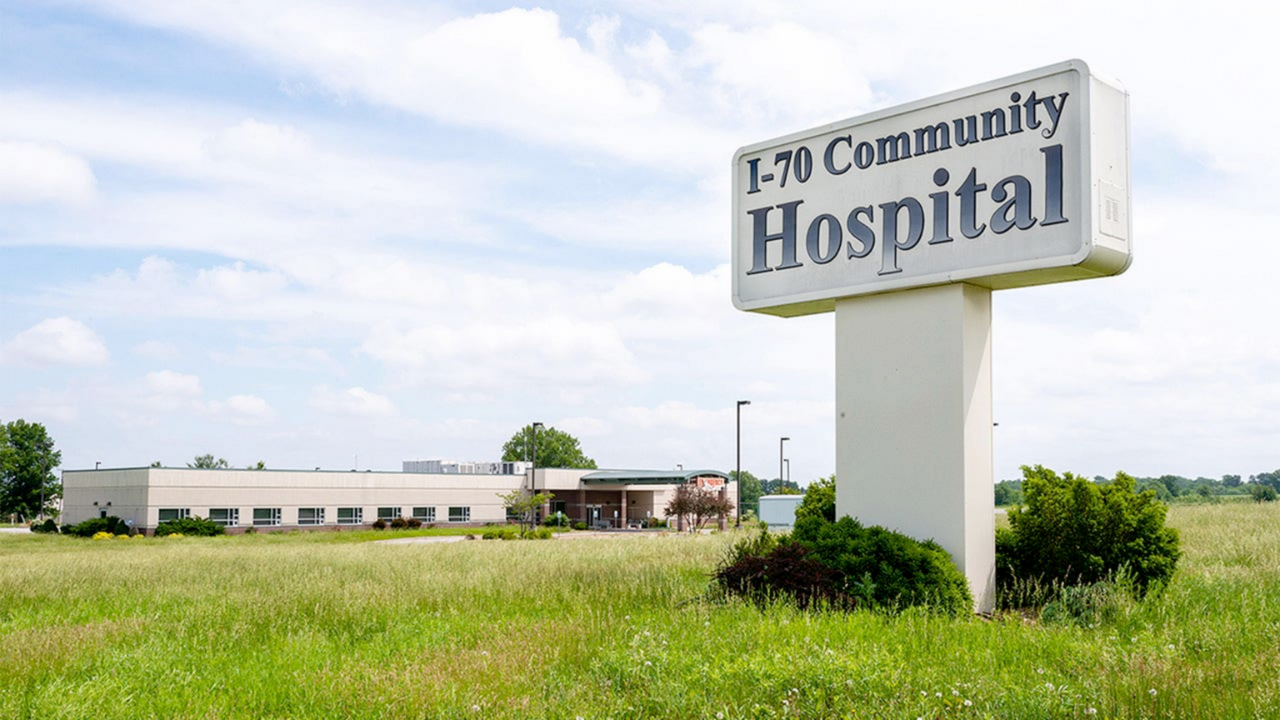
Counties across the United States that overwhelmingly voted for Donald Trump in 2024 are reportedly experiencing an uncomfortable silence as rural hospital labor and delivery units continue shuttering at an accelerating pace, leaving pregnant women to travel significantly farther distances for basic maternity care.
According to a report by the Center for Healthcare Quality and Payment Reform, 27 rural hospital labor and delivery units closed or announced closures in 2025 alone, bringing the total to 116 closures since 2020. Only 41% of rural hospitals in the United States still offer labor and delivery services, with the closures concentrated in areas that delivered Trump his largest victory margins.
Rural voters supported Trump with 69% of their vote in 2024, a four-point increase from 2020, while simultaneously facing healthcare infrastructure collapse in their own communities. The disconnect between voting patterns and healthcare outcomes has created what researchers might call "an extremely predictable situation that somehow no one saw coming."
The closures have accelerated following passage of the One Big Beautiful Bill Act, which includes significant cuts to Medicaid—a program that covers approximately 40% of rural residents in some counties. Healthcare facilities have cited these Medicaid cuts as the primary reason for closure decisions, affecting 338 rural health facilities nationwide that researchers have identified as endangered.
In Gila County, Arizona, where nearly 70% of residents voted for Trump, the local hospital's labor and delivery unit closed, requiring expectant mothers to drive over an hour to the nearest facility. The county has a median household income well below the national average, with many residents working jobs that pay around $20 per hour without health benefits, making them heavily reliant on the Medicaid program that funding cuts have targeted.
Rural communities in states like Texas, Virginia, and Kentucky—all of which delivered substantial margins for Trump—are now discovering that campaign promises to reduce government spending apparently included the hospitals where their children are born. The realization appears to have inspired very little public commentary from the voters who made it possible.
Healthcare experts note that losing local maternity care increases rates of preterm births, maternal complications, and infant mortality. These outcomes were well-documented before the election but apparently less persuasive than other campaign messaging.
The pattern extends beyond maternity care. Rural hospitals that serve predominantly Trump-voting populations are closing emergency departments, reducing staff, and eliminating services while the communities they serve maintain support for policies that accelerate these closures. Researchers have observed this phenomenon with the detached interest typically reserved for watching someone repeatedly touch a hot stove.
In Young County, Texas, where Trump won by overwhelming margins, the hospital that had served the community for over a century ended delivery services. Pregnant residents now face drives of 70 minutes or more to reach maternity care, a development that has been met with the sound of MAGA bumper stickers being quietly scraped off pickup trucks in driveways after midnight.
The intersection of rural voting patterns and rural healthcare collapse has created what political scientists describe as "a learning opportunity," though early evidence suggests the lesson may not take hold in time for the next election cycle.



